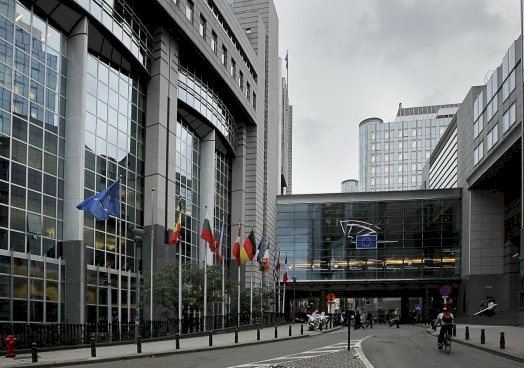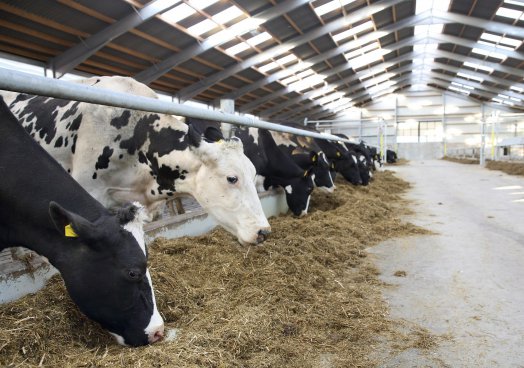
Drivers of food security
Recently, the Commission released a report “Drivers of food security”. Stretching to 138 pages the report analyses the main drivers affecting food security in the EU and globally including climate change, environmental degradation, the economic consequences of COVID19 and Russia's invasion of Ukraine. The report argues that currently availability of food is not at stake in Europe, but affordability is a growing concern for an increasing number of low-income households. However, it notes that availability should not be taken for granted and that some of the drivers may become risks that expose vulnerabilities in our food system, if not properly addressed. The report notes current pressures on production costs and producer’s income but argues that a range of factors across the food system, including impacts on biodiversity, production practices, technology, processing methods, supply chain/logistics, consumption etc. will have to be adapted to live up to ongoing and future challenges.
EU Council requests impact assessment on Sustainable Use of Plant Protection Products Regulation (SUR)
In December, the European Council adopted a decision requesting the Commission to submit a study complementing the impact assessment of the proposal for a Regulation of the European Parliament and of the Council on the sustainable use of plant protection products and amending Regulation (EU) 2021/2115 of the European Parliament and of the Council, and to propose follow-up actions, if appropriate in view of the outcomes of the study. It’s quite unusual for the Member States to gather enough support amongst themselves to take a decision of this nature under Article 241 of the Treaty. It follows widespread concern of the implications of the European Commission’s proposal for a new Regulation on the Sustainable Use of Plant Protection Products to reduce the use and risk of chemical pesticides by 50% and the use of more hazardous pesticides (plant protection products containing one or more active substances approved as candidates for substitution) by 50% by 2030.
EU approved ninth Russian sanctions package and breaks fertiliser deadlock
EU member states spent weeks negotiating a mechanism to carve out specific exemptions, on a case-by-case basis, for a small number of sanctioned individuals and entities significantly involved in food-related deals. Under the deal, individual EU member states will be free to unfreeze assets of Russian fertiliser and chemicals company owners if it’s strictly needed to bankroll shipments of food and fertiliser, especially to Africa. EU member states will need to consult the European Commission before they can go ahead, and special guidance will be provided outlining what persons and entities would qualify as significant, which is seen as an additional safeguard. Transactions can also be rejected for national security reasons.




